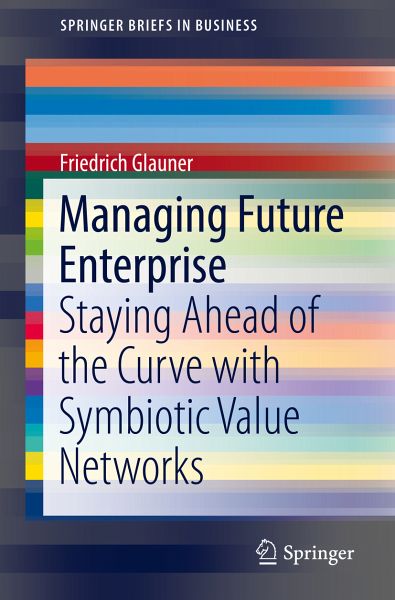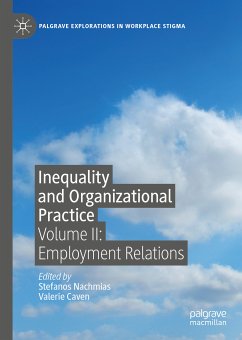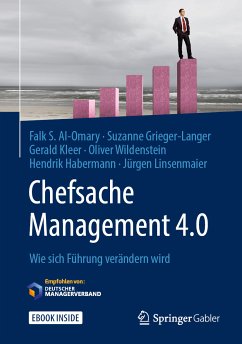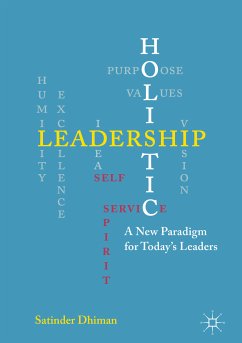
Managing Future Enterprise (eBook, PDF)
Staying Ahead of the Curve with Symbiotic Value Networks
Versandkostenfrei!
Sofort per Download lieferbar
40,95 €
inkl. MwSt.
Weitere Ausgaben:

PAYBACK Punkte
20 °P sammeln!
This book explores new ways for companies to sustain their success, by means of viable business models and a values-driven culture. The point of departure is a value proposition designed to last, and grounded in the values espoused and actively practiced by the organization. These values are in turn the product of a values creation process, which is essential to any business trying to ensure its viability in the long run. A concise step-by-step process explains how this process can be introduced to keep companies competitive for and in the future.In subsequent chapters, the book describes key ...
This book explores new ways for companies to sustain their success, by means of viable business models and a values-driven culture. The point of departure is a value proposition designed to last, and grounded in the values espoused and actively practiced by the organization. These values are in turn the product of a values creation process, which is essential to any business trying to ensure its viability in the long run. A concise step-by-step process explains how this process can be introduced to keep companies competitive for and in the future.
In subsequent chapters, the book describes key challenges for modern management, introduces a paradigm of sustainable management, and presents roadmaps to future viability and axioms of viable business management.
Active practitioners in executive and operational management roles, research and development, innovation management, human resources, sustainability, or process management will benefit from thisvolume. Given its scope of coverage, the book offers a valuable resource for lecturers and students in business management, economics, law, and sustainability-related degree courses.
Dieser Download kann aus rechtlichen Gründen nur mit Rechnungsadresse in A, B, BG, CY, CZ, D, DK, EW, E, FIN, F, GR, HR, H, IRL, I, LT, L, LR, M, NL, PL, P, R, S, SLO, SK ausgeliefert werden.












